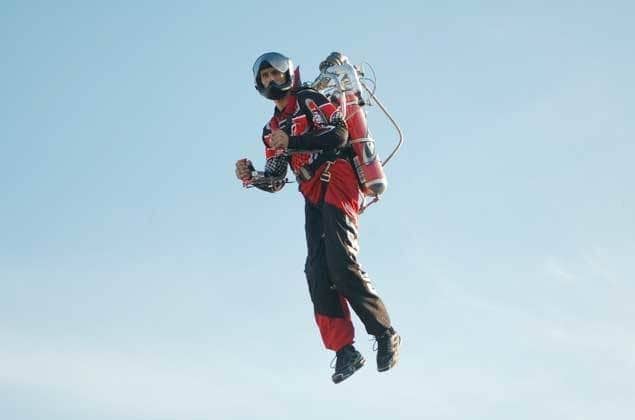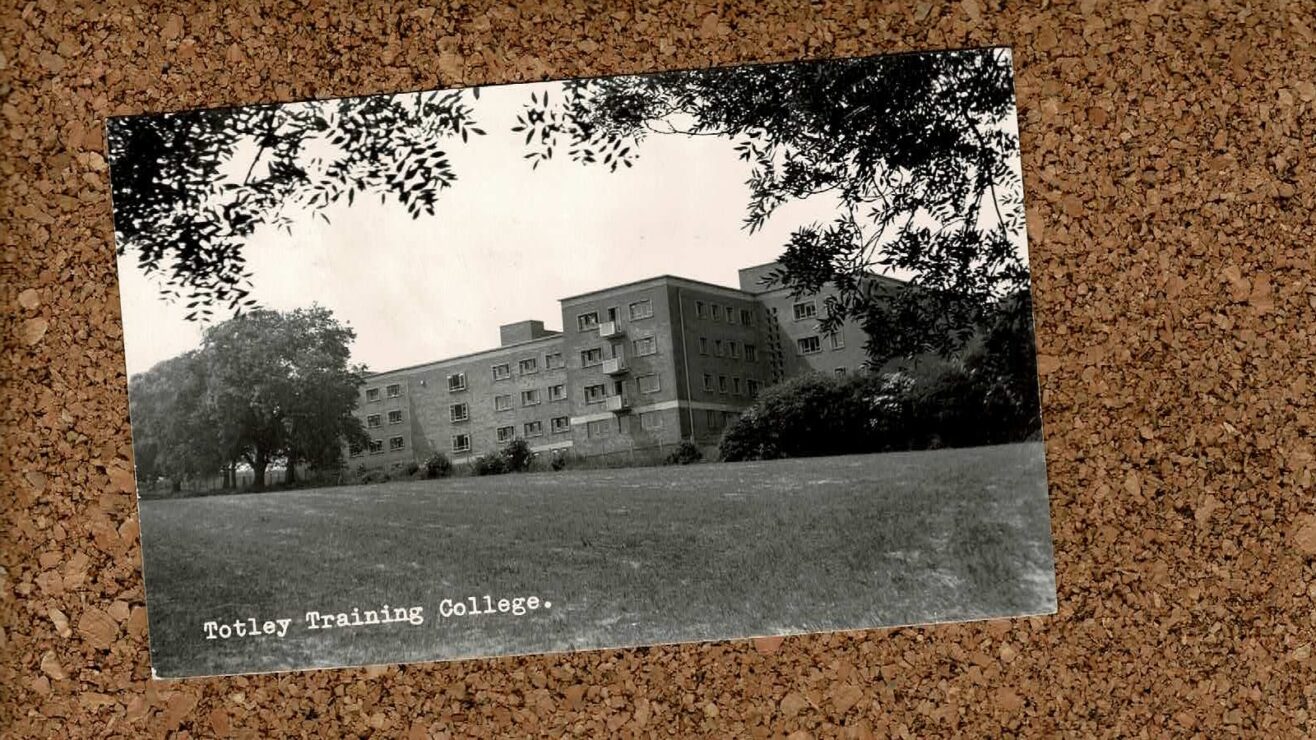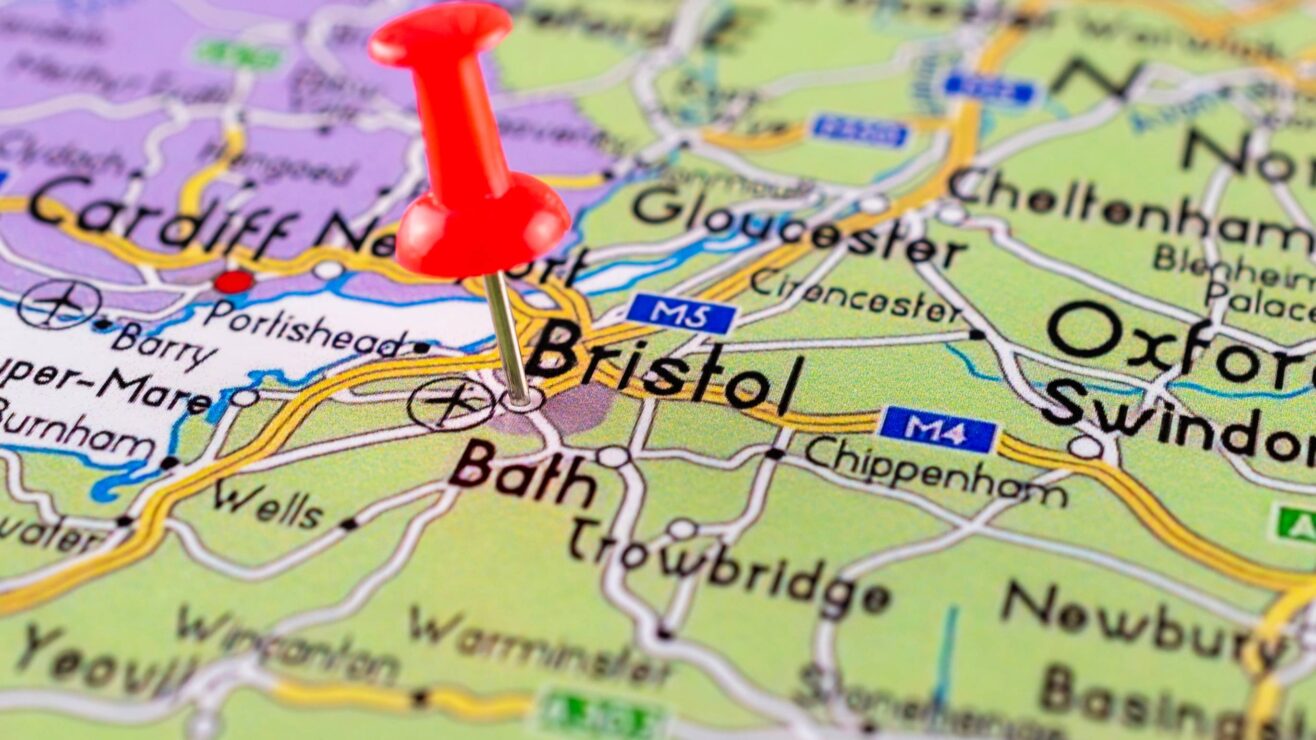It’s not all jet packs apparently
An interesting story about a course at the University of Michigan which challenges students to think about what reinvention of higher education would mean in terms of both infrastructure and teaching and learning.
The future of academic travel on campus?
Taught by Joanna Mirecki Millunchick, professor of materials science and engineering, and Mika LaVaque-Manty, Arthur F. Thurnau Professor of Political Science, the course is aimed at involving students in making the university more “21st-century friendly” as one of the participants put it.
Millunchick said the first students in the course were given a wide-open call to redesign the university experience. Each chose to focus on engaged-learning experiences instead of physical spaces.
“It became obvious that students are just craving these kinds of engaged-learning opportunities,” Millunchick said.
LaVaque-Manty said they gave students a free hand.
“We have to encourage them and say anything goes,” he said, “And once they get that they actually have no limitations they produced some really interesting ideas.”
The proposals include an enhanced orientation that particularly addresses first-generation students, a required meaningful experience (service or hands-on learning), and a multidisciplinary project that gives students the opportunity to solve problems for clients.
All of this is lovely but it does seem that students also decided to be realistic too. There are some interesting ideas quoted including an app designed to connect people with common interests, also described as a Tinder-like program that could get people together for a research project or a social activity.
Similarly another idea was designed to expand the scope of orientation to reach students before they get to campus and link them according to interests and provide a vehicle for them to tackle such issues as sustainability, health disparities or educational inequity.
Another project was designed to match alumni with new students for a university-career-long mentorship, perhaps leading to internships and jobs.
It’s not about the Future University in Egypt either (but good name)
The final word goes to the teacher:
“It’s important to think about risks,” LaVaque-Manty told the students during class. “It’s easy to get depressed. Let’s be realistic but at the same time optimistic.”
So, innovation tempered by realism. It all seems like a really excellent approach. I wonder though if there is perhaps just a little too much realism and not quite enough blue skies thinking?














